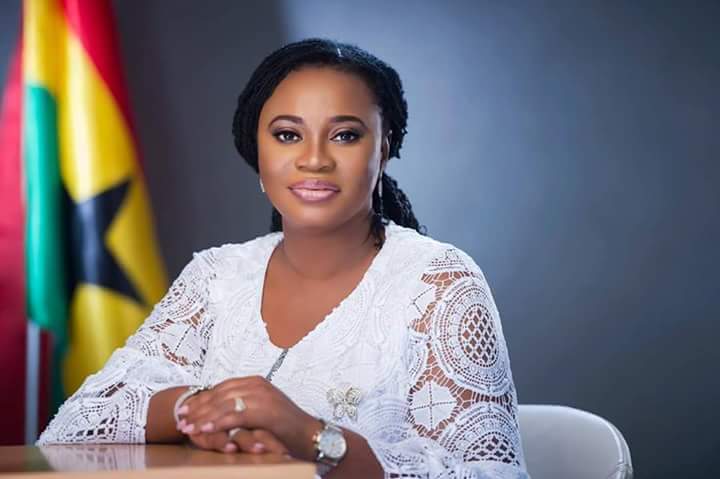The Electoral Commission (EC) has received  presidential nomination forms from seventeen individuals for consideration as candidates for the December 7 polls.
The EC slated Friday, September 30 as the end of nominations which was opened almost three weeks ago and by close of work fifteen political party flagbearers and two independent candidates had submitted their forms.
Those who submitted include; Nana Addo Dankwa Akufo-Addo (NPP,) John Dramani Mahama (NDC), Akwesi Odike (UPP), Agyenim Boateng (UFP), Hassan Ayariga (APC), Kofi Akpaloo (IPP), Akua Donkor (GFP) and Nana Konadu Agyeman Rawlings (NDP).
The rest are Kwabena Adjei (RDP) Papa Kwesi Nduom (PPP), WO1 Richard Nixxon Tetteh (UDSP), Dr. Henry Lartey (GCPP), Ivor Greenstreet (CPP), Edward Mahama (PNC) and Thomas Nuako Ward Brew (DPP).
The two independent presidential candidates who also submitted their forms are Jacob Yaw Osei and Kwame Asiedu Walker.
The Electoral Commission will next week announce the candidates after vetting the documents which has been submitted to it.
Except the PPP, the GHC50,000 filing fees of all the potential aspirants were rejected because of a suit against the collection of the filing fee by the EC.
The PPP on Wednesday, September 28, 2016 secured  an interlocutory injunction barring the EC from collecting the GHC50,000 and GHC10,000 filing fees for presidential and parliamentary candidates and the EC had refused to receive the filing fees of the other candidates but took that of the PPP  in a shocking twist.
But according to the Chairperson of the EC, Mrs. Charlotte Osei, Â the EC collected the PPP's fee because they assumed that by the bringing the money along with their nomination, they had withdrawn the court case.Â
She, therefore, questioned why they brought the money since they knew the case was in court.

Â





